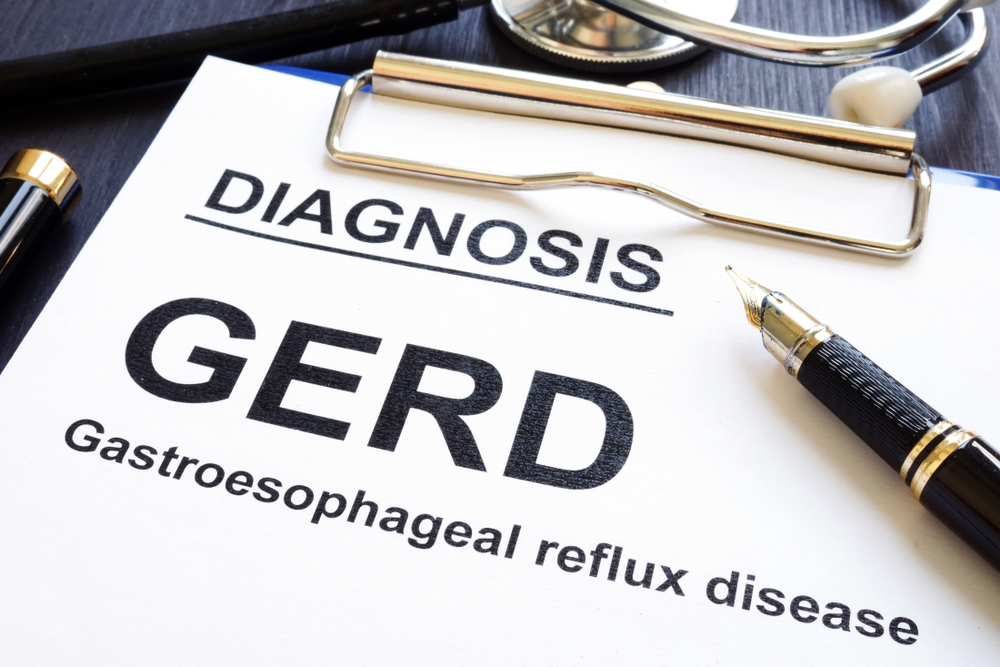Acid reflux and GERD (gastroesophageal reflux disease) are two terms that are often used interchangeably. However, there are some key differences between the two conditions. Acid reflux is a common occurrence that happens to most people at some point in their lives. It occurs when the contents of the stomach, including stomach acid, flow back up into the esophagus. This can cause discomfort and a burning sensation in the chest and throat. On the other hand, GERD is a chronic condition in which acid reflux occurs frequently and persistently, causing damage to the esophagus and other complications.
GERD affects approximately 20% of the population in the United States, making it a prevalent condition. It is more common in people who are overweight, pregnant, or have a hiatal hernia. Other risk factors include smoking, consuming spicy or fatty foods, and certain medications. GERD can also be caused by a weakened lower esophageal sphincter (LES), which is the muscle that separates the esophagus from the stomach and prevents acid from flowing back up.
One of the main symptoms of GERD is heartburn, a burning sensation in the chest and throat. However, GERD can also cause other symptoms such as regurgitation, difficulty swallowing, and a chronic cough. In severe cases, GERD can lead to complications such as esophageal ulcers, strictures, and even esophageal cancer.

So, what exactly causes GERD? As mentioned earlier, a weakened LES is one of the main factors. But there are other factors that can contribute to GERD as well. These include a hiatal hernia, which occurs when the upper part of the stomach bulges through the diaphragm into the chest cavity, and delayed gastric emptying, where the stomach takes longer than usual to empty its contents.

To diagnose GERD, your doctor may perform various tests, including an upper endoscopy, pH monitoring, and esophageal manometry. An upper endoscopy involves a thin, flexible tube with a camera being inserted into the esophagus to examine the lining and look for any damage. pH monitoring measures the amount of acid in the esophagus, and esophageal manometry measures the strength and coordination of the muscles in the esophagus.
Treatment for GERD can vary depending on the severity of the condition. Lifestyle changes, such as avoiding trigger foods, losing weight, and quitting smoking, can help alleviate symptoms. Over-the-counter medications, such as antacids and H2 blockers, can also provide relief. For more severe cases, proton pump inhibitors (PPIs) may be prescribed to reduce the production of stomach acid.
Apart from medical treatment, there are also natural remedies that can help manage GERD. These include consuming ginger, aloe Vera juice, and chamomile tea, which are known for their anti-inflammatory properties. Additionally, raising the head of your bed by a few inches can help prevent acid from flowing back up into the esophagus while you sleep.

It is essential to treat GERD as it can lead to serious complications if left untreated. These include esophageal strictures, where the esophagus narrows due to damage from stomach acid, and Barrett’s esophagus, a condition in which the cells in the esophagus change and increase the risk of developing esophageal cancer.
In some cases, surgery may be necessary for the treatment of GERD. This includes procedures such as fundoplication, where the top of the stomach is wrapped around the lower esophagus to tighten the LES, and LINX, a device that is inserted around the LES to prevent acid reflux.
It is crucial to understand that GERD is a chronic condition that requires long-term management. With proper treatment and lifestyle changes, most people can manage their symptoms and prevent complications. However, it is essential to work closely with your doctor to find the best treatment plan for you.
In conclusion, acid reflux and GERD are two related but distinct conditions. Acid reflux is a common occurrence, while GERD is a chronic condition that can lead to serious complications. It is essential to be aware of the symptoms and risk factors of GERD and seek medical attention if necessary. With the right treatment and lifestyle changes, you can manage GERD and improve your overall quality of life.








